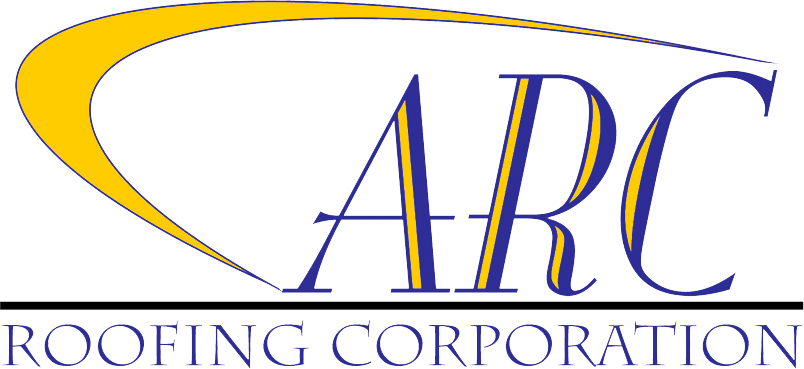Black metal roofs are an on-trend architectural choice, but are they right for your home? Here’s an in-depth look at the pros and cons.
Pros
Striking Curb Appeal
With their deep, dark color, black metal roofs provide unique visual appeal and contrast. They can enhance any architectural style from traditional to modern. Matte finishes are especially popular for reducing glare and providing a modern look.
Durability
Metal itself is one of the most durable roofing materials, resistant to weather, fire, rot, and pests. With proper care, a black metal roof can last over 50 years. Many come with a 30-50 year warranty.
Low Maintenance
Aside from occasional cleaning, black metal roofs require little upkeep. Their longevity also avoids frequent roof replacements.
Energy Efficiency
Though black absorbs heat, metal reflects it. Proper attic ventilation and insulation prevent heat transfer indoors. Black metal roofs can reduce cooling costs.
Eco-Friendly
Metal roofs can be made from recycled materials and are fully recyclable themselves. They avoid landfill waste that comes with replacing asphalt shingles every 10-20 years.
Lightweight
Weighing 50-150 pounds per square, metal roofs don’t require roof reinforcement. This reduces installation time and costs.
Fire Resistant
With a Class A fire rating, metal roofs are non-combustible and won’t fuel or spread flames.
Cons
Upfront Cost
Installation runs $5-$20 per square foot. Though cheaper long-term, the upfront cost is higher than other options like asphalt.
Heat Absorption
Black surfaces do get hotter in sunlight. Proper attic ventilation, radiant barriers, and insulation prevent heat transfer indoors.
Noise
Metal roofs can be noisy when hit by rain, hail or objects. Soundproofing underlayment can help dampen the noise.
Slippery Surface
The slick surface requires caution when doing roof maintenance. Special shoes provide improved traction.
Susceptible to Dents
Metal roofs can dent during extreme weather or if hit by fallen tree limbs. The dents are often just visual.
Fading Over Time
The black color will lighten gradually over many years of sun exposure. Warranties often cover excessive fading.
Snow Sliding Off
Steeply pitched black metal roofs don’t hold snow well, creating potential falling hazards. Snow guards can help.
Does a Black Metal Roof Make Your House Hotter?
One question that often comes up is whether a black metal roof makes your house hotter. The answer to this question is both yes and no.
Black metal roofs, due to their dark color, naturally absorb more heat than lighter-colored roofs. This might lead one to believe that a home with a black metal roof would be hotter, especially during the summer months. However, it’s essential to consider that these roofs are also highly reflective. This means that they can reflect a significant amount of sunlight away from your home, which can help keep it cool.
Moreover, while black metal roofs do absorb more heat, this doesn’t necessarily translate to a hotter interior. A well-insulated home with proper roof ventilation will not suffer from significant heat gain, even with a black metal roof. The absorbed heat is typically dissipated before it can significantly impact the indoor climate.
In fact, during the winter months, a black metal roof might even be beneficial. The absorbed heat can contribute to melting snow and ice on your roof more quickly.
It’s also worth noting that black metal roofs are known for their durability, energy efficiency, and fire resistance. While they may come with a higher initial cost and can be slippery when covered in snow, their benefits often outweigh these downsides.
To conclude, while a black metal roof does absorb more heat, it doesn’t necessarily make your house hotter. With proper insulation and ventilation, it can be a practical, energy-efficient, and stylish choice for your home.






